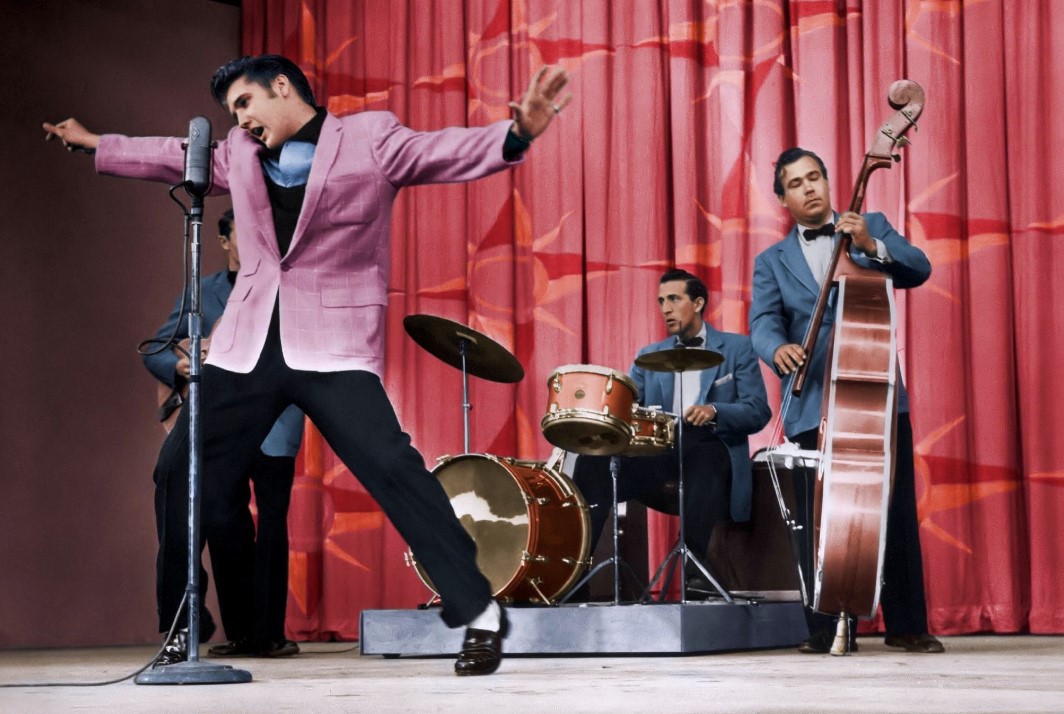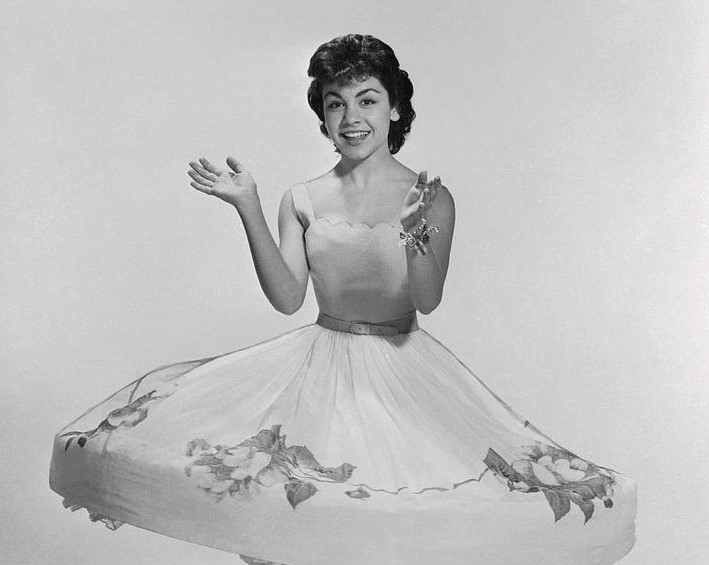Marlon Brando, a name that resonates with cinematic excellence, rebellion, and timeless talent, is a figure who left an indelible mark on the world of film and acting. Born on April 3, 1924, in Omaha, Nebraska, he would go on to become one of the most influential actors in the history of cinema. Brando's journey through the turbulent waters of Hollywood was marked by unparalleled talent, groundbreaking performances, and a personality that defied convention.
(Watch the video below)
The Early Years
Born on April 3, 1924, in Omaha, Nebraska, Marlon Brando was the third of three children. His parents, Marlon Brando Sr. and Dorothy Julia Pennebaker, separated when he was young, leaving a lasting impact on his psyche. At a young age, Brando displayed a natural inclination towards performance and storytelling, taking part in school plays and honing his dramatic skills.
After a tumultuous adolescence, Brando enrolled at the Actors Studio in New York City, where he studied under the influential acting coach Lee Strasberg. The Actors Studio, known for its method acting techniques, profoundly influenced Brando's approach to the craft and became the bedrock of his future acting style.
The Method Actor
Marlon Brando's association with method acting would revolutionize the art of performance. He immersed himself in his characters, internalizing their emotions and experiences to portray them with an unprecedented level of authenticity. This transformational approach to acting allowed Brando to infuse his roles with a genuine and raw emotional power rarely seen on screen before.
His breakout role as Stanley Kowalski in Tennessee Williams' "A Streetcar Named Desire" (1951) remains one of the most iconic portrayals in film history. Brando's portrayal of the brutish and passionate Stanley electrified audiences and earned him his first Academy Award nomination.
Brando and the Silver Screen
Marlon Brando's impact on the silver screen cannot be overstated. Throughout the 1950s and 1960s, he delivered a series of mesmerizing performances that pushed the boundaries of cinematic storytelling. His work in "On the Waterfront" (1954), directed by Elia Kazan, solidified his status as a preeminent actor and earned him his first Academy Award for Best Actor. His now-legendary scene, where he delivers the line "I coulda been a contender," remains etched in the minds of moviegoers as a testament to his unparalleled talent.
The 1950s saw Brando take on diverse roles, including Mark Antony in "Julius Caesar" (1953) and the charismatic Sky Masterson in "Guys and Dolls" (1955), showcasing his remarkable versatility and ability to inhabit characters from different walks of life.
The Godfather: A Masterclass in Acting
One of Marlon Brando's most iconic roles came in 1972 when he portrayed the aging Mafia patriarch Don Vito Corleone in Francis Ford Coppola's "The Godfather." This performance remains a masterclass in acting, earning Brando his second Academy Award for Best Actor. By stuffing cotton balls in his cheeks and altering his voice, Brando transformed into the imposing and feared crime boss, making Don Corleone one of the most memorable characters in cinematic history.
Brando's Later Years
As the years passed, Brando's relationship with Hollywood became more complex. He gained a reputation for being difficult to work with and often clashed with directors and producers. Despite this, he continued to deliver exceptional performances in films like "Last Tango in Paris" (1972) and "Apocalypse Now" (1979), both of which earned him Academy Award nominations.
In his later years, Brando became increasingly selective with his roles, appearing in fewer films but still making a profound impact whenever he graced the screen. His legacy as an actor, however, was occasionally overshadowed by his eccentric behavior and controversial public statements.
The Enduring Legacy of Marlon Brando
Marlon Brando's influence on acting and cinema continues to reverberate through generations of actors. His commitment to authenticity and willingness to explore the depths of human emotion laid the groundwork for a new era of acting in Hollywood. Countless actors, from Robert De Niro to Daniel Day-Lewis, have cited Brando as a major influence on their craft.
Moreover, Brando's impact extends beyond acting. He used his fame as a platform to advocate for social and political causes, from civil rights to Native American rights. He used his celebrity status to raise awareness about critical issues, demonstrating that actors could use their influence for positive change.
Conclusion
Marlon Brando, a true enigma of Hollywood, was more than just a movie star; he was an actor whose transformative performances redefined the art of acting. Through method acting and a commitment to authenticity, Brando broke down barriers and paved the way for a new generation of actors. His legacy lives on in the hearts of film enthusiasts and aspiring actors alike, a testament to the indomitable spirit of the man who once said, "I don't think it's the nature of any man to be satisfied." Marlon Brando's enduring impact on cinema ensures that he will forever be remembered as one of the greatest actors in the history of film.



